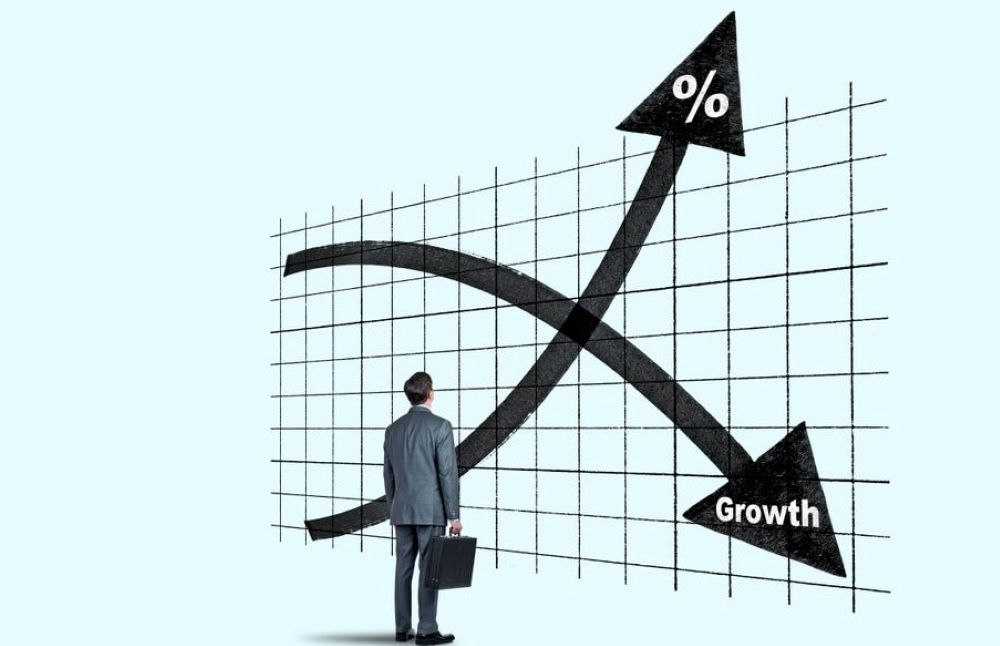What is particularly worrying are the possibilities of a global recession and even stagflation, which will affect BiH.

Admir Cavalic
The economy of Bosnia and Herzegovina welcomes the winter in absolute uncertainty. This is the result of a combination of factors: from the Ukrainian war to the energy crisis, (post)pandemic inflation and the fact that 2022 is an election year. Inflation exceeds 14%, which is a record in the region, or even worse, it’s 20% on food products. Citizens’ living standard has been significantly threatened since the beginning of the year.
The winter period is particularly problematic in the context of energy sources and the need for heating. Consequently, the demand for natural gas, electricity, oil and oil derivatives is increasing. Due to weak inclusion in central heating systems, there is a great demand for coal and pellets for alternative heating, mostly in individual and collective housing facilities. Even now we see a high price of the aforementioned energy sources, as well as the potential shortage of some. The price of oil is at a record high and the country does not plan to emulate the countries of the region and the EU. The proposal to abolish excise taxes, which would reduce the price to 0.25 euros per liter, was not even included in the agenda of the state Parliament.
At the beginning of the year, the price of electricity increased for economic entities, through new individual contracts. Back in January, the federal government limited the increase in the price of this energy product to a maximum of 20%. It is expected that these prices will change from the beginning of next year, possibly even for individuals, and the upcoming elections are the only reason that this has not already happened. When it comes to natural gas, BiH is absolutely dependent on Russia. There are no short-term alternative solutions for the potential problem of shortages or exceptional prices of this energy source. Today it is difficult for citizens to get coal on the (in)formal market and they have to wait for several months, so the price is significantly higher compared to previous years. The price of pellets increased even more drastically, by some 100 euros per ton within a year, which significantly reduces the possibilities of a green energy transition in the country – towards cleaner air, water and land.
What is particularly worrying are the possibilities of global recession and even stagflation, which will affect BiH. This means an inevitable budget crisis from the last quarter of this year and the entire next year. Experience shows that budgets were planned “electively”, i.e. everything that can ensure the continuity of power, that is, electoral victory, was very generously supported. After the elections, at the beginning of October this year, obligations based on issued bonds and securities will come due in 2023, which will further undermine stability of the budget. For ordinary citizens this will mean a weaker capacity of public services, low pensions and salaries in the public sector, all the way to a dysfunctional administrative-bureaucratic apparatus.
Of course, in a series of uncertainties, it is possible to foresee an alternative scenario – one with a little more optimism. It implies an end to the war in Ukraine or a complete market adaptation to the continuous war. Also, rising interest rates can slow down and eventually stop inflation, which would lead to market optimism.
For Bosnia and Herzegovina, this means a chance to increase exports, increase employment and possibly increase wages. Within three years, this could lead the country out of transition and into the society of “middle-income” countries, which in the Balkan context of needs and dreams means – a good job, a big TV, two cars and a yearly beach holiday. All this is still far from the reality of life in Bosnia and Herzegovina.
Admir Čavalić is a Bosnian economist, lecturer and director of the Tuzla Canton Privatization Agency



Leave A Comment